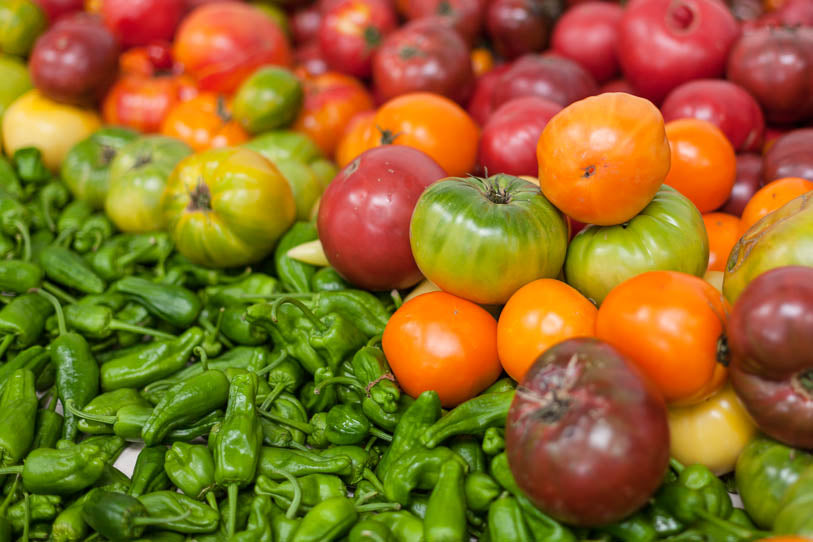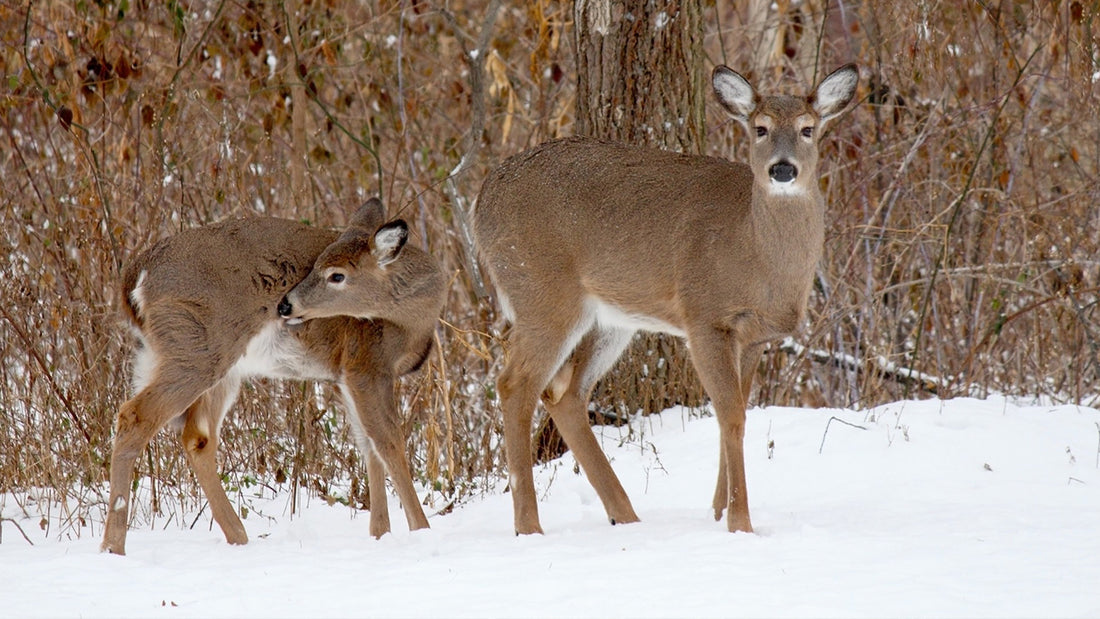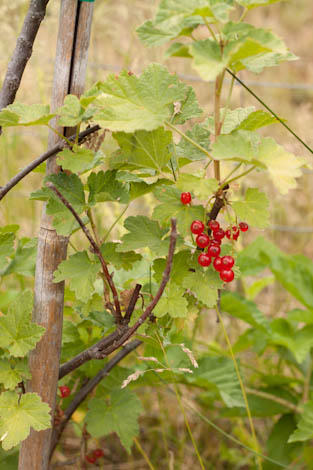What kind of deer-resistant vegetables can I plant in my garden?
Here's the thing about edible gardening -- deer agree with us most of the time on what's edible. The good, and rather surprising, news is that we eat some herbs, vegetables and berries the deer aren't so crazy about. Keep in mind there is no such thing as a "deer-proof" plant. Deer resistance is highly regional, seasonal, weather dependent, tied to food availability, and deer populations. Also, deer, like people, have different tastes in food. That said, these edible plants are at least worth a try outside the safety of a deer fence. Deer resistance is usually classified in three categories: Rarely Damaged, Occasionally Damaged, and Frequently Damaged. So, if you share your yard with a herd of deer you can still grow food that won't immediately be deer food.

Alliums
Our good friends of the allium family are favored for their pungency by man, but that quality makes beast turn up their noses at an offering of onions. If space in the deer fenced garden is at a premium plant your onions, chives, leeks, and garlic outside. Garlic is a fantastic companion plant for roses, which are on that frequently damaged list. Garlic planted with roses just might make the deer think twice about visiting your roses. Alliums are categorized as rarely damaged.Aromatic Herbs
We savor the aromas of sage, dill, fennel, oregano, marjoram, rosemary, thyme and mint. Deer however find these herbs too much for their delicate noses to handle. Plant your herbs anywhere you like without fear of deer. These herbs fall into the rarely damaged category. Basil is also considered deer resistant, but slide it into the occasionally damaged classification.
Solanaceous Vegetables
Solanaceous vegetables, also called the deadly nightshade group, are vegetables like tomatoes, potatoes, and peppers. Peppers and tomatoes carry the badge of rarely damaged. Potatoes are best put in the occasionally damaged slot.Artichokes
Once you have the artichokes growing you can leave one or two to flower -- the bees will arrive en masse to enjoy the bloom! Artichokes are rather prickly, so deer usually find something else to munch on. Grow artichokes from crowns in the winter or from seed in the spring. Artichokes are generally categorized as rarely damaged.Rhubarb
Rhubarb is a beautiful edible ornamental. With it's bright stalks and huge leaves it is quite a statement piece in the yard. Rhubarb is considered a rarely damaged plant.








23 comments
The deer came right up on my deck and chowed down on my fig…I wasn’t sure that it would survive but it did and I have had them eat my tomato plants down to nothing.
Deer LOVE basil.
Deer have always eaten my tomato plants put outside of a fence. Not a fluke. Hopefully artichokes will be safe as they would take up too much room in the garden. Am going to try them this year.